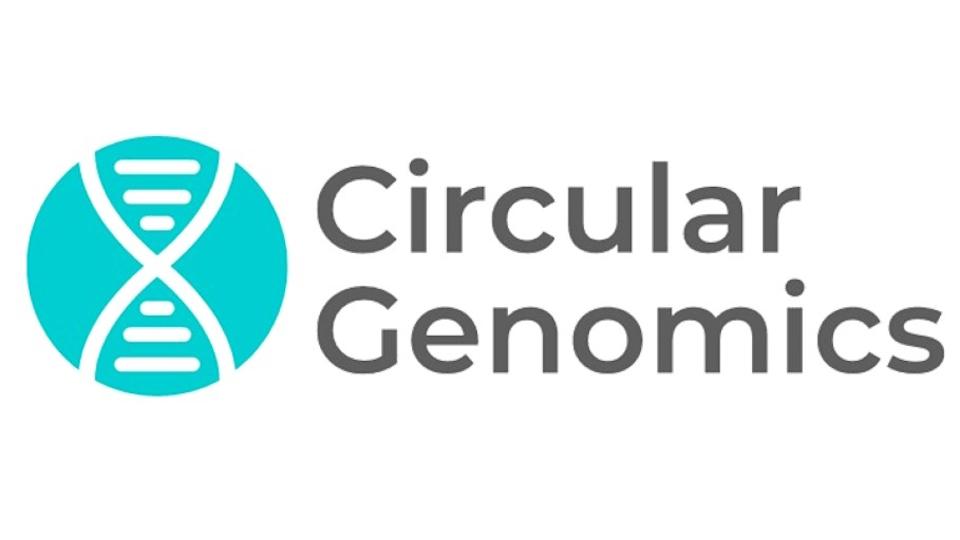RNA blood test may predict antidepressant response

Selective serotonin reuptake inhibitors (SSRIs) are the first-line drug therapy of choice for most people suffering from depression but often fail to work effectively. Now, a study suggests simple blood test could help predict those who will benefit.
The analysis by US biotech Circular Genomics focuses on an assay that looks for a circular RNA (circRNA) blood biomarker that the company says can predict response to sertraline, a commonly prescribed SSRI, and potentially other drugs in the class.
circRNAs are stable and brain-enriched non-coding RNAs that are thought to be important for brain development and function and sensitive to changes in neuronal activity.
The EMBARC study, which has been published as a preprint on the bioRXiv server, tested the assay’s predictive power on blood samples taken from patients who were treated with sertraline for major depressive disorder (MDD).
In sertraline non-responders, blood levels of the circRNA biomarker – which is regulated by serotonin 5-HT2A and brain-derived neurotrophic factor (BDNF) receptor activity – were around 80% higher than in those who did get a benefit from the drug.
The biomarker wasn’t able to predict a response to bupropion, an antidepressant in the norepinephrine and dopamine reuptake inhibitor (NDRI) class, backing up the hypothesis that it is specific for SSRIs, according to the authors of the paper, led by Cicular Genomics’ co-founder and chief scientific officer, Nikolaos Mellios.
“These findings reinforce our belief that the expression of specific circRNAs in the blood can act as an indirect ‘window into the brain’ and provide actionable insights for the better diagnosis and treatment of brain disorders,” he said.
Around 280 million people are living worldwide with depression, and it is estimated that a third of them have symptoms that do not improve after first- and second-line treatment with SSRIs and other conventional antidepressants.
The SSRI response assay is slated to be Circular Genomics’ first product launch, due later this year, according to the Albuquerque, New Mexico-based company, which said it would help to address “high therapy failure rates and low clinical outcomes” with SSRIs.
“Current depression treatment protocols employ a ‘trial and error’ approach to finding the right treatment,” said chief executive Paul Sargeant in a statement. “We aim to streamline this process by providing accurate personalised treatment guidance to help patients suffering with depression.”
In January, Circular Genomics raised $8.3 million in a Series A led by Mountain Group Partners to build and scale commercial operations in preparation for the launch of the assay, anticipated to become the first based on circRNA. It is also working on assays for other neurological diseases, including Alzheimer’s disease.













